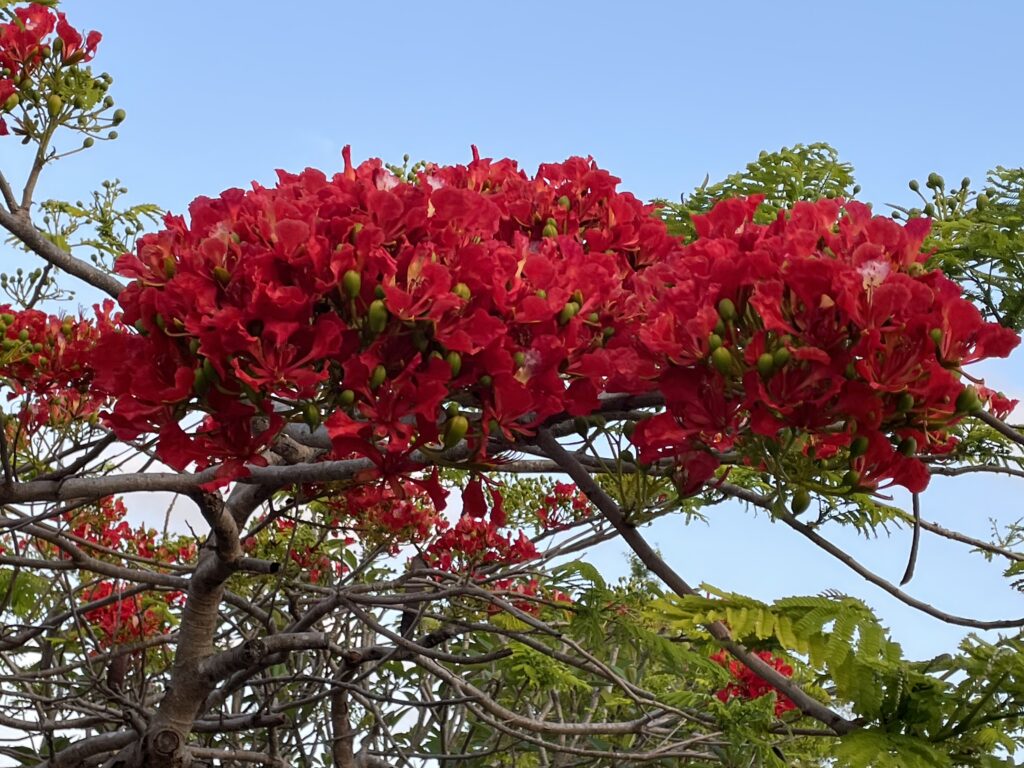Living in a retirement village presents one with the spectrum of life.
On the one hand, many of the residents are able to participate in, and fully enjoy, a rich variety of activities, beneficial for mind and body. These may include table tennis, indoor bowls, croquet, darts, aqua aerobics, wood carving, singing, yoga, mah jong, tai chi, line dancing, art, craft, and swimming.
By contrast, quietly behind the scenes, others are facing new realities of life. These may include acquiring a mobility walker or scooter, accessing home nursing care, facing dementia, entering a high care facility, having a partner pass away, or experiencing grief and depression. These conditions are all very real — presently, as I write this article, three former residents are now in high care, one of our neighbours has had an extended stay in a local hospital, a former neighbour died of Parkinson’s disease, a close-by resident is having lengthy nursing care at home, and a dear lady resident who helped introduce my wife and I to this village has now died.
As I reflect on life, I come to the conclusion that there are two realities — there is clearly a temporal reality. But then, is there not also an ultimate reality that transcends the temporal and can even be glimpsed and accessed in this life?
The article that follows — covering five remembrances — accurately describes the temporal dimension of life that we all ought to embrace at one time or another.
The Five Remembrances: Embracing Reality
The Five Remembrances are five truths that the Buddha said we should all contemplate and accept. The well-known Zen Buddhist teacher, Thich Nhat Hanh, also has spoken of them often.
The Five Remembrances
- I am subject to aging. There is no way to avoid aging.
- I am subject to ill health. There is no way to avoid illness.
- I am going to die. There is no way to avoid death.
- Everyone and everything that I love will change, and I will be separated from them.
- My only true possessions are my actions, and I cannot escape their consequences.
You may be thinking, how depressing. But Thich Nhat Hanh wrote in his book Understanding Our Mind (Parallax Press, 2006) that we should not suppress knowledge of our frailty and impermanence. These are the fears that lie in the depths of our consciousness, and to be free of these fears we must invite the Remembrances into our consciousness and stop seeing them as enemies.
Old Age, Sickness and Death
The denial of old age, sickness and death is more prevalent now than in the Buddha’s time. Our 21st century culture actively promotes the idea that we can stay young and healthy forever if we try hard enough.
This accounts for many of our food fads — raw foods diets, alkaline diets, “cleansing” diets, “paleo” diets. There’s an almost frantic search for some ideal combination of food and nutritional supplements that will keep one healthy forever.
Taking care of one’s health is an excellent thing to do, but there’s no foolproof shield from illness. And the effects of age strike all of us, if we live long enough. This is hard to believe if you are young, but “young person” is not who you are. It’s just a temporary condition.
We also are more separated from death than used to be true. Dying is tucked away in hospitals where most of us don’t have to see it. Dying is still real, however.
Losing Who and What We Love
There’s a quote attributed to the Theravada Buddhist teacher Ajahn Chah — “The glass is already broken.” There’s a variation I’ve heard in Zen — the cup holding your tea is already broken. This is a reminder to not become attached to impermanent things. And all things are impermanent.
To say that we must not “attach” doesn’t mean we can’t love and appreciate people and things. It means to not cling to them. Indeed, to appreciate impermanence makes us realize the preciousness of people and the world around us.
Owning Our Actions
Thich Nhat Hanh words this last Remembrance as follows: “My actions are my only true belongings. I cannot escape the consequences of my actions. My actions are the ground upon which I stand.”
This is an excellent expression of karma. My actions are the ground upon which I stand is another way to say that my life right now is the result of my own actions and choices. This is karma. Taking ownership of our own karma, and not blaming others for our problems, is an important step in one’s spiritual maturity.
Transforming the Seeds of Suffering
Thich Nhat Hanh recommends mindfulness to learn to recognize our fears and acknowledge them. “Our afflictions, our unwholesome mental formations, must be accepted before they can be transformed,” he wrote. “The more we fight them, the stronger they become.”
When we contemplate the Five Remembrances, we are inviting our repressed fears to come into the daylight. “When we shine the light of mindfulness upon them, our fears lessen and one day they will be completely transformed,” Thich Nhat Hanh said.
Source: Based on and adapted from the following article:
O’Brien, Barbara. “The Five Remembrances.” Learn Religions, Aug. 25, 2020, learnreligions.com/the-five-remembrances-449551.

I am subject to aging. There is no way to avoid aging.
I am subject to ill health. There is no way to avoid illness.
I am going to die. There is no way to avoid death.
Everyone and everything that I love will change, and I will be separated from them.
My only true possessions are my actions, and I cannot escape their consequences.
